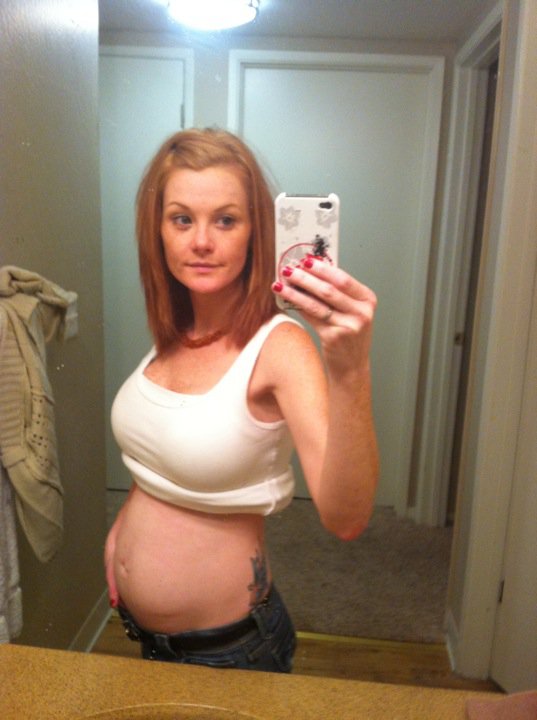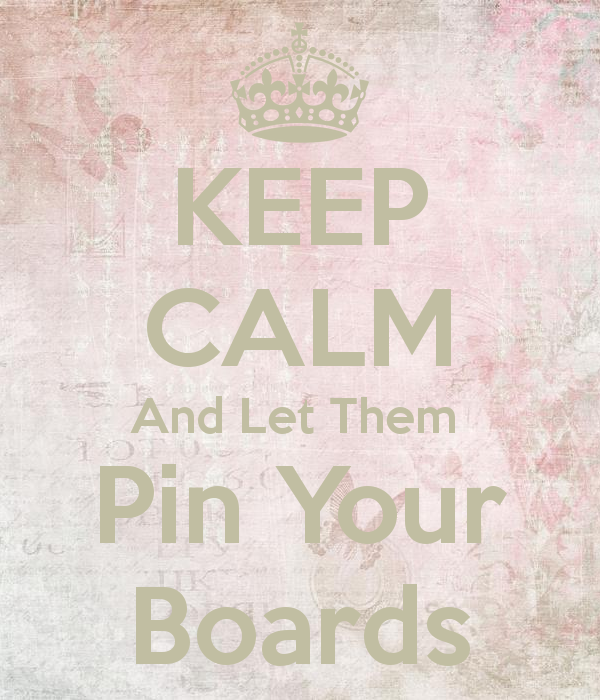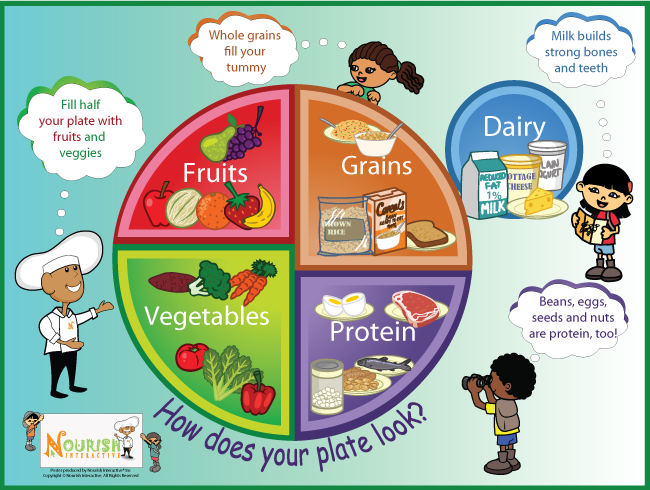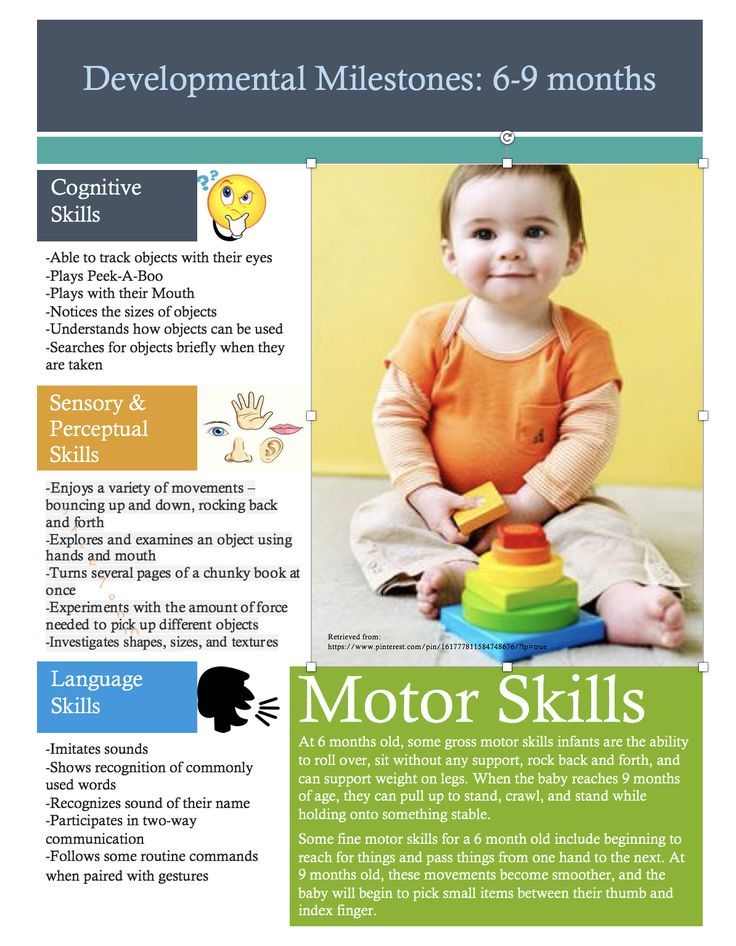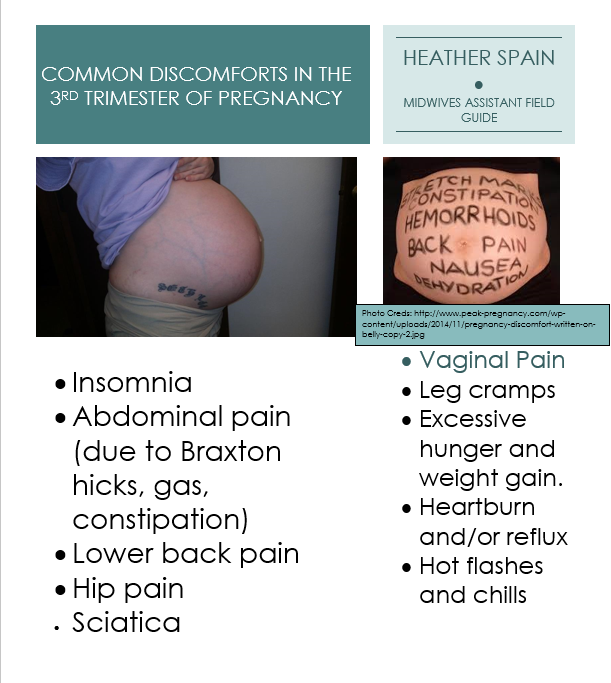First two weeks with baby
Your newborn’s first week: what to expect
About your newborn’s first week of life
Newborns spend their first week of life adapting to their new environment.
The outside world is very different from the womb, where it’s dim, the temperature is constant, and noise is muffled. You can help your baby get used to the outside world by giving them warmth, love, security, attention – and lots of cuddles and smiles.
Your newborn’s appearance in the first week of life
Your newborn’s appearance will change over the first week.
If your newborn’s head is a bit cone shaped after journeying through the birth canal or because of a vacuum-assisted birth, it should round out to a more normal-looking shape.
Any swelling around your newborn’s face and eyes will go down within a few days. If your newborn’s face or head has been bruised – for example, after a forceps birth – the bruising will disappear. Newborns with bruising are at risk of newborn jaundice. Let your midwife, GP or child and family health nurse know if the skin on your newborn’s face looks yellow and you think it might be jaundice.
Your newborn’s umbilical cord will gradually dry, become black and then fall off, usually within the first 10 days. Try to keep the umbilical cord clean and dry. If the area around the umbilical cord looks red or is sticky, let your midwife, GP or child and family health nurse know.
Your newborn might have one or more birthmarks, either at birth or later on. Birthmarks are common and usually don’t need medical attention. But if your newborn’s birthmark concerns you or if it changes, it’s a good idea to have it checked by your GP or child and family health nurse.
Feeding and sleeping in the first week of life
Your newborn will sleep most of the time, waking up every few hours to feed. Newborns can’t ‘sleep through the night’. They have tiny tummies, so they need to wake and feed often.
Most newborns feed every 2-4 hours, and they have around 8-12 feeds every 24 hours. Sometimes feeds might last up to an hour, especially if your newborn is breastfeeding.
Sometimes feeds might last up to an hour, especially if your newborn is breastfeeding.
Newborns usually wake for feeds. But some might need to be woken for feeding – for example, newborns who have lost a lot of weight, are very small, or are jaundiced.
It’s likely to be a while before you see a pattern or routine of feeding and sleeping.
In the first few weeks, looking after yourself is important. This means eating well and doing some physical activity, and also resting when your baby sleeps, which will help you catch up on sleep. Getting help from family and friends can make a big difference too.
Development in the first week of life
Your newborn is learning a lot as you spend time together every day. Their brain is growing and developing as they see, hear, smell and touch the world around them.
Your newborn will close their hands involuntarily in the grasp reflex and will startle at sudden loud noises. They’re also likely to have sudden jerky movements while asleep.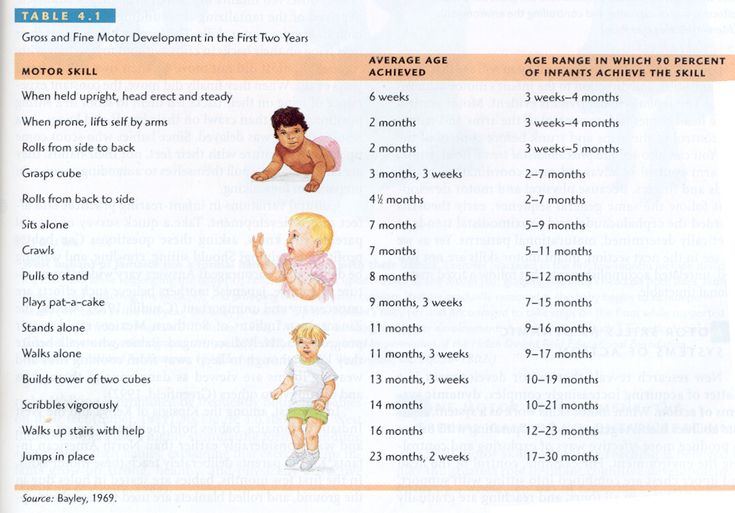
Bonding and communicating in the first week of life
You can communicate with your newborn using your voice, touch, sight and smell. Gentle touch, cuddling, smiling and gazing communicates important information about your newborn’s place in the world, and helps your newborn feel safe and secure with you.
During this first week, you’ll also start getting to know how your baby communicates with you using baby cues and body language.
Bonding and attachment are about always responding to your newborn’s needs with love, warmth and care. And bonding and attachment are vital to all areas of your child’s development, including brain development.
Common health concerns in the first week of life
Weight loss
It’s normal for newborns to lose weight during the first five days after birth. This happens as they lose excess fluid. This weight loss shouldn’t be more than 10% of their birth weight. Most newborns regain their birth weight after 1-2 weeks. If your newborn has lost too much weight, they might have to be readmitted to hospital until they’re feeding well and gaining weight each day.
If your newborn has lost too much weight, they might have to be readmitted to hospital until they’re feeding well and gaining weight each day.
Sticky eye
It’s common for newborns to develop sticky or discharging eyes during the first few weeks of life. The most common cause is blocked tear ducts. This issue usually gets better by itself, but gentle eye cleansing and massage will also help. It’s best to have your GP or child and family health nurse check your newborn’s eyes if they’re red and sticky.
Rashes
Newborns can develop all sorts of rashes, which usually aren’t serious. But if your newborn has a rash, it’s best to have your GP or child and family health nurse check it out. Common rashes include cradle cap, nappy rash, heat rash , eczema, milia and dry skin.
When to seek medical help
If something doesn’t seem right and you’re worried about your newborn, seek medical help. Contact the midwives at the unit where your baby was born, your GP or your child and family health nurse.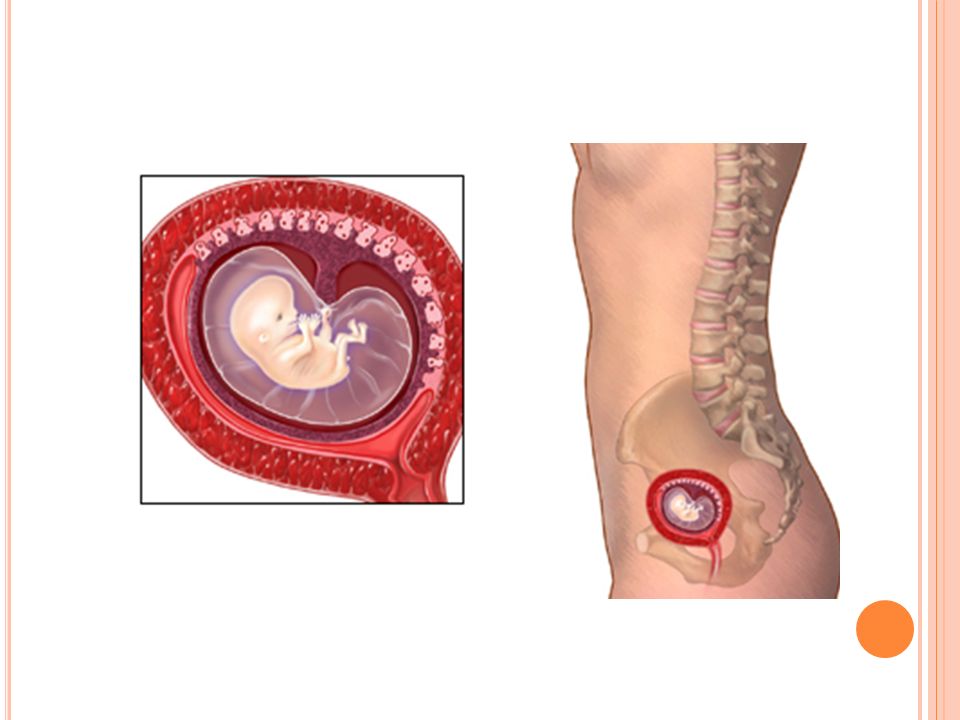
Seek medical help as soon as possible if your newborn:
- isn’t feeding – for example, your newborn is taking half the normal volume or number of feeds in a 24-hour period or vomits more than half of three feeds in a row
- has fewer than 6-8 wet nappies per day
- seems irritable, lethargic or very tired all the time or is hard to wake for feeds
- has pale or yellow skin.
Crying in the first week of life
Newborns might cry because they:
- are hungry
- have a wet or dirty nappy
- feel too hot or too cold
- want you close for reassurance.
If your newborn is crying, you can try feeding, changing their nappy, cuddling or rocking, speaking or singing in a soothing voice, or giving them a warm relaxing bath.
And if your newborn is crying a lot, remember that it’s normal for newborns to cry. Comforting your newborn will help them feel safe and secure.
When to seek help for crying
If you think your newborn is crying too much or you’re having trouble coping, speak to your GP or child and family health nurse as soon as you can.
In particular, seek medical help if your newborn:
- has a high-pitched cry (like a cat’s)
- seems to have a weak cry or is moaning
- is crying for long periods of time.
Crying is a newborn’s main way of telling you what they need. You might like to print out our illustrated guide to settling a crying baby, and stick it up somewhere handy.
After the first week: baby health check-ups
Your nearest early childhood centre provides free check-ups for your baby, usually at two, four and eight weeks after birth.
When you go for your baby’s check-ups, it’s a good time to ask questions about anything, from rashes to vomiting to crying. You could write a list of questions before the check-ups so you don’t forget to ask the nurse anything you want to know.
How to Survive Your First Few Weeks with a Newborn
Thank You for Sharing!
Inside: Your first few weeks with a newborn are magical and intense and exhausting all at the same time. Learn what you and your baby need most, plus 8 essential tips for surviving those first few weeks after birth.
Learn what you and your baby need most, plus 8 essential tips for surviving those first few weeks after birth.
A few months ago I experienced what I hope will be my last first few weeks with a newborn. Every first few weeks with a newborn are completely different, ranging from easy and uneventful to full of doctor’s appointments and not-so-fun postpartum aches and pains.
I’ve had five babies, and each time, those first few weeks looked drastically different. I won’t sugar coat it: one out of five was picture perfect, exactly as it should be. I had a relatively easy recovery and quickly bonded with my absolutely adorable newborn.
The rest? Those first few weeks were really hard.
They were filled with c-section recoveries, postpartum depression, being sent home with a catheter, second hospital visits within a week of being discharged.
Will that happen to you? I truly hope not. While so much is out of your control, following these tips will increase your chances that those first few weeks with your newborn will be as perfect as possible.
What Are the First Few Weeks with a Newborn Like?
THIS POST PROBABLY CONTAINS AFFILIATE LINKS. IF YOU LIKE LEGAL JARGON, YOU CAN READ OUR FULL DISCLOSURE POLICY HERE.
If you thought those last few weeks of pregnancy were hard (and they were), you will initially feel incredible relief a few hours after labor and delivery.
Your organs are no longer completely squished. You can sleep on your stomach again!
Right after that relief, however, comes the realization that:
- Your body will never be the same and needs some serious TLC, &
- You are completely responsible for caring for this little person you just pushed out of you (and that person has a mind of her own).
You will be trying to recover from labor, and if you are breastfeeding, you will be feeding your newborn every two hours around the clock. You baby will sleep what feels like all the time the first 1-2 weeks (except when he wakes up to eat).
How those first few weeks with a newborn go depends on how difficult your labor was and your baby’s temperament.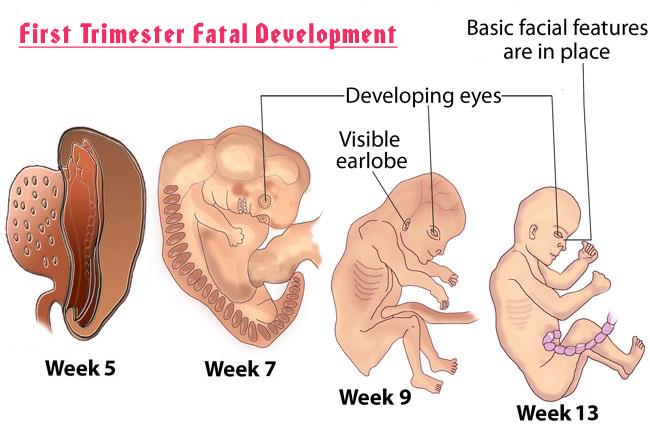
My first labor ended in an unplanned c-section; I didn’t sleep for over 24 hours. I needed serious recovery time and was extremely thankful for the nursery where I could send my baby when I needed a break.
Your baby may be super easy! One of my babies, people wondered if he even existed because he slept all.the.time.
Another seemed to cry at any and every opportunity and refused to sleep more than 45 minutes at a time for those first few weeks.
Those first few weeks are all about both mom and baby recovering from delivery and adjusting to a new normal. Give yourself and your baby some time to figure out what life looks like on the other side of pregnancy.
What Mom Needs the First Few Weeks with Baby
There are a few things you will need the first few weeks, but especially the first week.
Don’t skip these! As pressing as your newborn’s needs are, if you aren’t doing well, you won’t be able to take care of your baby.
1. Adequate Hydration
This is important for every new mama, but especially for breastfeeding mamas.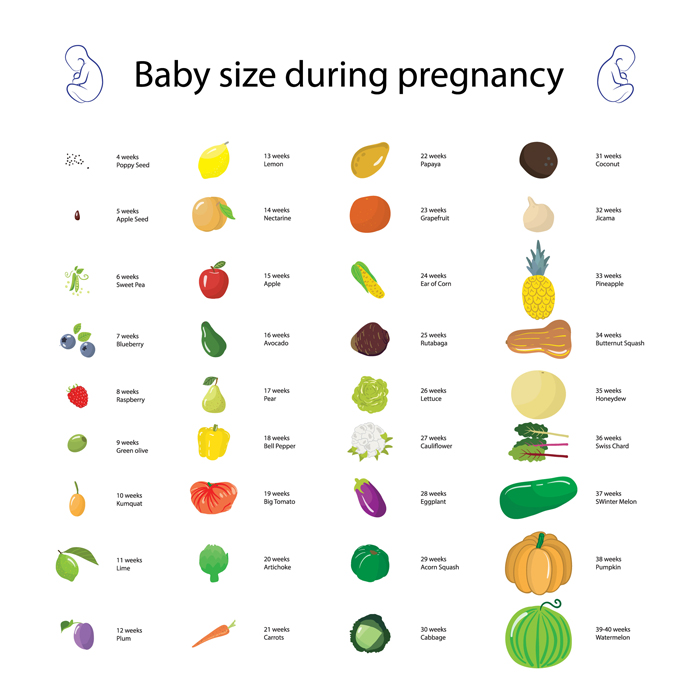 Your body needs to stay hydrated in order to produce enough milk. Don’t be surprised if you are thirsty all of the time.
Your body needs to stay hydrated in order to produce enough milk. Don’t be surprised if you are thirsty all of the time.
It’s a good idea to invest in a large water bottle if the hospital doesn’t provide you with one. Staying properly hydrated can also help alleviate feet and ankle swelling after birth, which is common for a lot of mamas.
2. Time to Recover
Your body has just done an incredibly difficult thing! While recovery has its unique challenges, depending on whether you had a natural birth or a c-section, both will require you to take it easy for a while.
Let your partner or other family members or friends do the heavy lifting—both literally and figuratively! Your doctor or mid-wife will let you know when it is o.k. to get back into more strenuous activity, but in the meantime, slow down and listen to your body.
For a list of must-have postpartum recovery items during the first few weeks after delivery, click HERE.
3. Sleep
Let’s be honest: it’s not like you were probably sleeping blissfully those last few weeks of pregnancy.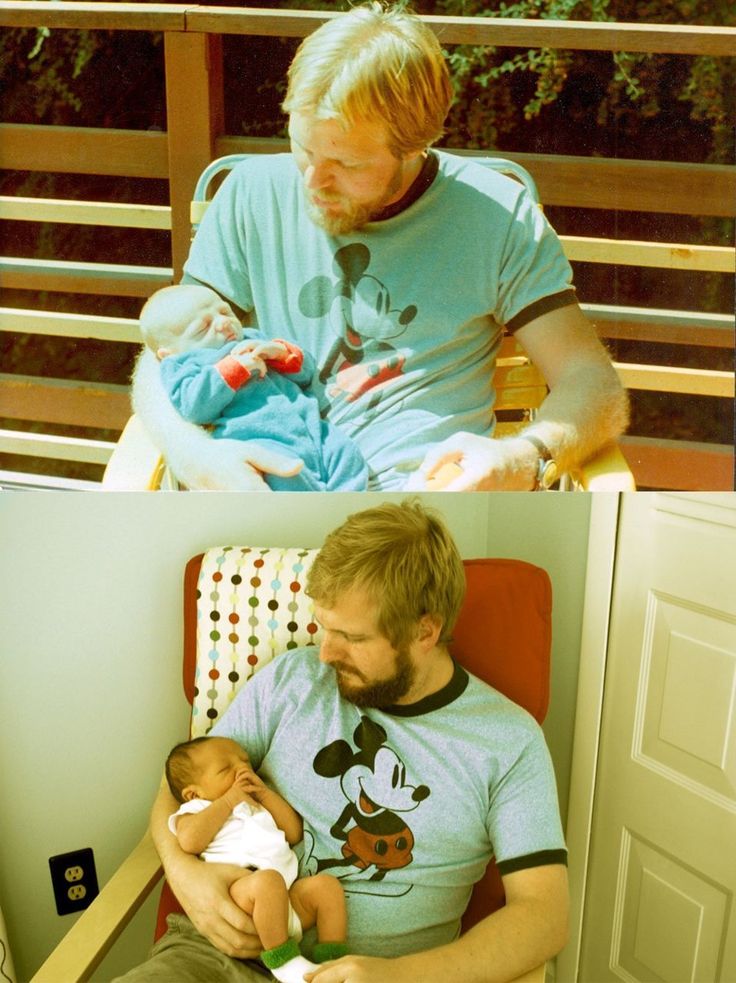 What with your enormous stomach, muscle cramps, and having to get up to pee every two hours, it’s amazing you slept at all!
What with your enormous stomach, muscle cramps, and having to get up to pee every two hours, it’s amazing you slept at all!
Right after your baby is born, you may ride the waves of adrenaline the first day – maybe two, but after that? Your body will be functioning on a level of sleep deprivation like it has probably never known before.
The only other time I’ve been close to that tired was when I traveled all the way to the other side of the world.
So get some zzzs whenever and wherever you can!
You Might Also Like: Grandparents Want to Visit Too Much? Here’s How to Handle It
What Your Newborn Needs Those First Few Weeks
Between weeks one and two, the “honeymoon” newborn phase will wear off. Your baby will go from sleeping what feels like 24/7 to awake part of the time…and crying a whole lot more frequently.
Your baby just went from the only reality she’s ever known to a very big, very large, new reality.
Big, loud noises? Bright lights? Totally new.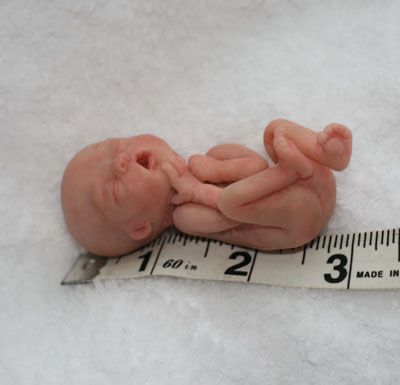
Things like being cold and hungry? Also new.
Your baby needs time to adjust to this whole new (big and crazy) world. These things can help with that adjustment.
1. Sleep
Just like their mamas, newborns also need a lot of sleep, and you can help your baby achieve the sleep he needs. Learn about the signs of drowsiness and try not let your baby get overly tired.
Provide a soothing atmosphere for your baby (some babies love white noise), and as much as you are able, respect his sleep needs.
If your baby is in the middle of a nap, don’t wake him up just because your neighbor stopped by. They can come back!
2. Some Semblance of a Schedule
It won’t be possible to get your newborn on an exact schedule, but it is helpful in those early weeks to try to establish a pattern in their routine. This will help them with an eating and napping schedule in the future. The most common pattern is sleep/wake/eat/play.
Repeat, repeat, repeat.
This book is SO helpful in solving almost all possible problems newborn and baby.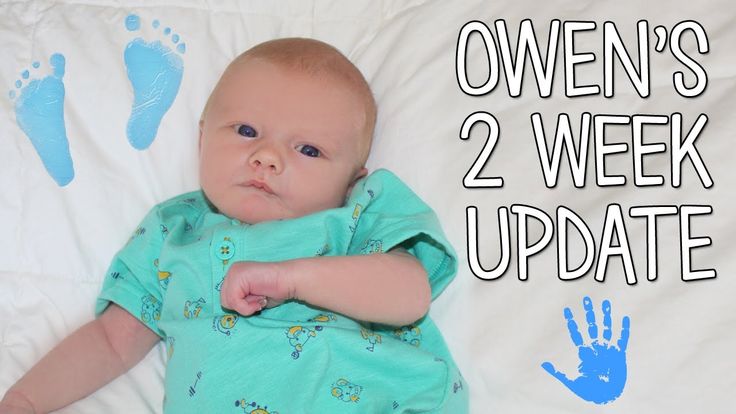 I referred to it ALL the time with my first two babies.
I referred to it ALL the time with my first two babies.
3. Night/Day Awareness
Try to keep the baby awake for longer stretches in the day-time. Talk and play with your baby more during the day. If the weather is nice, take them out for a walk in the fresh air. Trying to establish longer sleeping periods at night right from the start will help you all get more sleep in the long run.
8 Essential Tips to Survive Your First Few Weeks with a Newborn
Some moms love the newborn stage, and others, like former nannies and childcare providers, come into it completely prepared.
No matter how much you love it, the newborn stage does take a certain amount of perseverance. Depending on the difficulty of your labor and the temperament of your baby, that first month can be the hardest with a newborn.
Here are a few things you can do to stay sane with a newborn!
1. Accept help.
If someone wants to come over and hold the baby so you can take a shower, then by all means, let them do it!
Someone offers to do the dishes? Show them where you keep the soap.
If a friend offers to start a meal train for you so you don’t have to worry about feeding your family for the next month, take them up on the offer!
For most people, it is a privilege to help a new mama, so let them.
And if you are worried about someone coming over and judging your messy house or greasy hair, please don’t be. We get it. Truly, we do.
2. Have freezer meals prepared before you have your baby.
It doesn’t seem like preparing dinner should be all that difficult, but in those first few weeks, it can feel impossible. It’s simply amazing the amount of time it takes to care for a new baby.
You will be so glad to have a prepped meal ready to pop in the oven. And you will save a ton of money by not having take-out 5 nights in a row!
Need freezer meal ideas? This bundle has a section devoted entirely to freezer meals (if you scroll down the page, there is an option to purchase JUST the freezer meals PDF if you aren’t interested in the rest).
3. Sleep when the baby sleeps.
This is probably the most common piece of advice doled out. There is a reason for that.
Once you add a second kiddo to the mix, this is harder to accomplish, obviously, but if this is your first baby you will want to be sure to follow this advice.
Until your baby is a few months old and (hopefully) is sleeping in longer stretches at night, there is just no way to avoid sleep deprivation. IT.IS.THE.WORST.
The best way to combat the exhaustion is to try to get some rest when the baby is sleeping.
Don’t fall into the trap of getting things accomplished while your baby sleeps. You’ll pay for it later: I certainly did with my fifth baby. You’ll eventually collapse from exhaustion and put yourself at higher risk for postpartum depression.
And if someone offers to come hang with the baby so you can nap, let them!
4. Bring in reinforcements…or not.
Some new mamas find having close family members stay for a week or two, or visit often is extremely helpful in those first few weeks.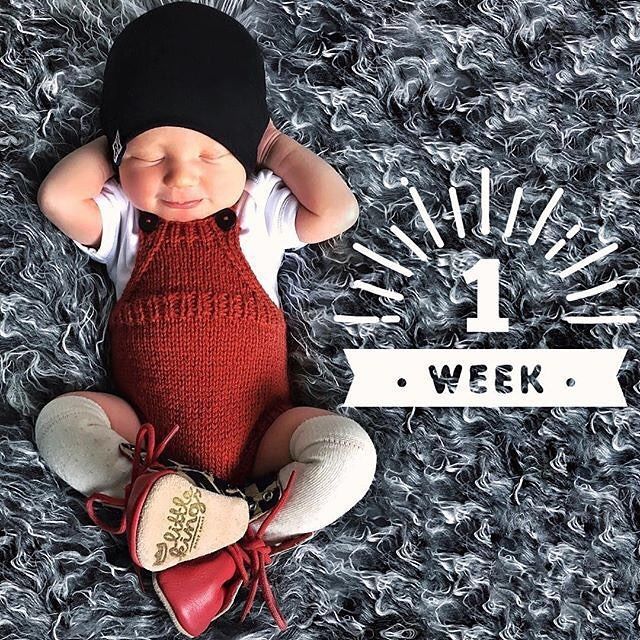 Having someone around who can take care of the household duties so you and your partner can concentrate on getting to know your baby can feel like a gift from above.
Having someone around who can take care of the household duties so you and your partner can concentrate on getting to know your baby can feel like a gift from above.
Other mamas think someone else visiting for an extended length of time after they just had a baby feels more like a nightmare. No matter which side of the fence you are on, YOU get to make that decision.
Don’t feel guilted into having guests visit your home in those first few weeks if that isn’t what you want. And don’t feel like you need to accommodate someone else’s schedule. You’re great Aunt Edna does not NEED to see the baby right this minute. It’s o.k. to say “Today won’t work for us.” or “We’ll let you know when we are ready for visitors.”
You get to decide what will work best and be the most helpful for your family.
5. Lower your standards.
Your house might look like a bomb went off. You might have piles of laundry everywhere. The dishes might be stacked in the sink. You might not have showered for five days in row.
The fact that women push 10-pound babies out of their vaginas kind of does make us superheroes, but Mama, even superheroes need a little assistance every once in a while!
Bonding with your baby and getting to know this new little miracle is really the only thing of importance right now. I promise you, your house won’t always be a disaster, and you will get back to showering on a daily basis, but for now, give yourself a bit of break.
P.S. It’s o.k. to accept help!
6. Seek assistance if feeding issues arise.
As natural as breastfeeding may be, it doesn’t come easy to many women.
Sometimes the quick lesson provided after delivery is just not enough. Don’t be afraid to contact a lactation consultant or breastfeeding educator if you feel like it isn’t going well.
(If you’re reading this in your final trimester and you’re planning to breastfeed, watching this online breastfeeding course is perfect thing to watch during all those hours you just can’t get comfortable enough to sleep. You’ll feel so much more prepared!)
You’ll feel so much more prepared!)
They are able to help with latch and supply issues, can measure your baby before and after a feeding to determine how much milk they are taking in, and will provide encouragement and support as you and your baby are getting the hang of things. Many insurance companies will provide coverage for these visits.
And if you are formula feeding, don’t be afraid to reach out to your pediatrician with questions or concerns.
7. Don’t be afraid to ask for professional help if you are struggling.
Your hormones will be all over the place those first few weeks after having a baby, and for many mamas, long after that. Having a bit of the “baby blues” can be pretty common the first couple of weeks.
Typical symptoms may include:
- mood swings
- trouble sleeping, or
- feelings of overwhelm
But if these feelings don’t go away, or increase in intensity, please don’t feel ashamed about reaching out for help.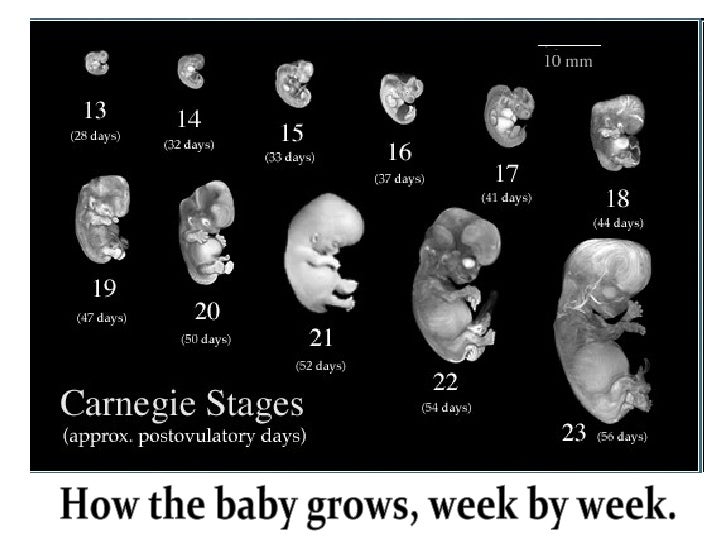
Postpartum depression affects many moms and is treatable with medical care. It can be hard to talk about or admit to negative feelings or thoughts, but please speak to a loved one or to your doctor.
I am currently battling postpartum depression myself for the second time, and I understand why women hesitate to talk to their doctors, or anyone, about it. You feel so unlike yourself. Your thoughts feel borderline crazy some days.
Plus, you can still have good days, even if you have PPD, so sometimes you wonder if you’re making it all up.
You’re not. You need to tell your partner or someone else in your support system how you’re feeling. They need to know you’re struggling, so they can help you.
Help is out there—you are not alone.
8. Remind yourself this stage won’t last forever.
The newborn stage can be incredibly difficult as you adjust to having a baby and all the life changes that entails. It can feel brutal at times, especially if your baby has a challenging temperament or health issue and spends most of his awake time crying.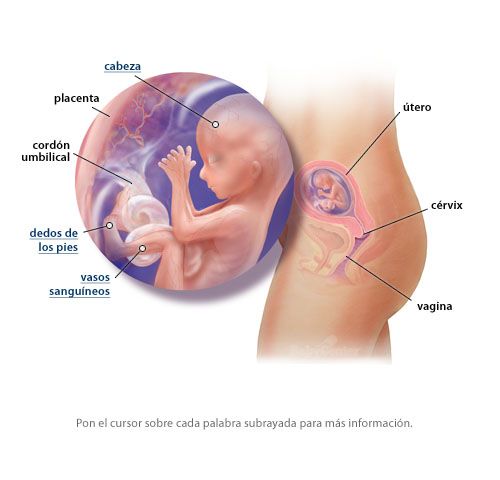 If you are struggling, remember the difficult times will not last forever. You will get used to a new normal. And you will sleep again!
If you are struggling, remember the difficult times will not last forever. You will get used to a new normal. And you will sleep again!
But also keep in mind, this newborn stage won’t last forever. So enjoy the feel of a sleeping infant on your chest. Take time to breath in your baby’s newborn scent. Take pictures in your mind (and also plenty of pictures with your camera) of how your baby looks during these first few weeks and months of life. In a blink of an eye, this stage will be over.
Related: 16 Essentials for Your New Mom Survival Kit
4 Essential Products for Baby’s First Few Weeks
1. Swing
I seriously can’t believe I lived without a swing until my fifth baby. It’s a life-saver those first few months!
Most babies love the swaying motion a swing provides, and having an electric swing can be a lifesaver, especially if your arms and back are aching from swaying back and forth.
We were given this swing by a friend, and we love it! It can swing side to side or front to back and comes with a mobile, music, and several different speed settings.
2. Bouncer
Having something portable you can carry from room to room will be essential. You can put the baby in the bouncer on the bathroom floor while you take a shower, or next to you on the floor while you catch up with housework.
Babies love to look around from their elevated view in the bouncer.
A friend lent me this bouncer when I had my fourth baby, and it was amazing! Definitely superior to other bouncers I’ve used because the angle is better for the baby to actually be able to see everything.
3. Wrap or Baby Carrier with an infant insert
Babies love to be next to a warm chest, and when you are wanting some hands-free time, a wrap or a baby carrier can be a perfect solution. These are also great to have for trips to the store.
Some moms love wraps, but personally I only every used and loved the original Ergobaby carrier. (I tried a BJORN, and my back just about broke after a month because I have big babies to begin with).
If you go with the Ergo, you’ll need the Ergobaby infant insert to make it work. I have the original and have used it with four of my five babies. If I had to buy a new one today, I don’t think the price difference between the 360 and the original would be worth it to me.
4. Swaddle Blanket
After being in the tight confinement of the womb, most babies find comfort in the tight wrap that a swaddle blanket provides, especially when they are sleeping. It can take a bit of practice to perfect a tight enough swaddle, so don’t be afraid to ask a nurse to show you a couple times before you leave the hospital.
If you don’t want to bother with a swaddle blanket, there are also handy swaddle wraps where you simple tuck your baby inside a little cacoon and velcro him in.
Related: 9 Minimalist Baby Essentials: The Bare Minimum You Need for Baby
Things You Might Forget To Do When You Have a Newborn
1. Pay your bills.
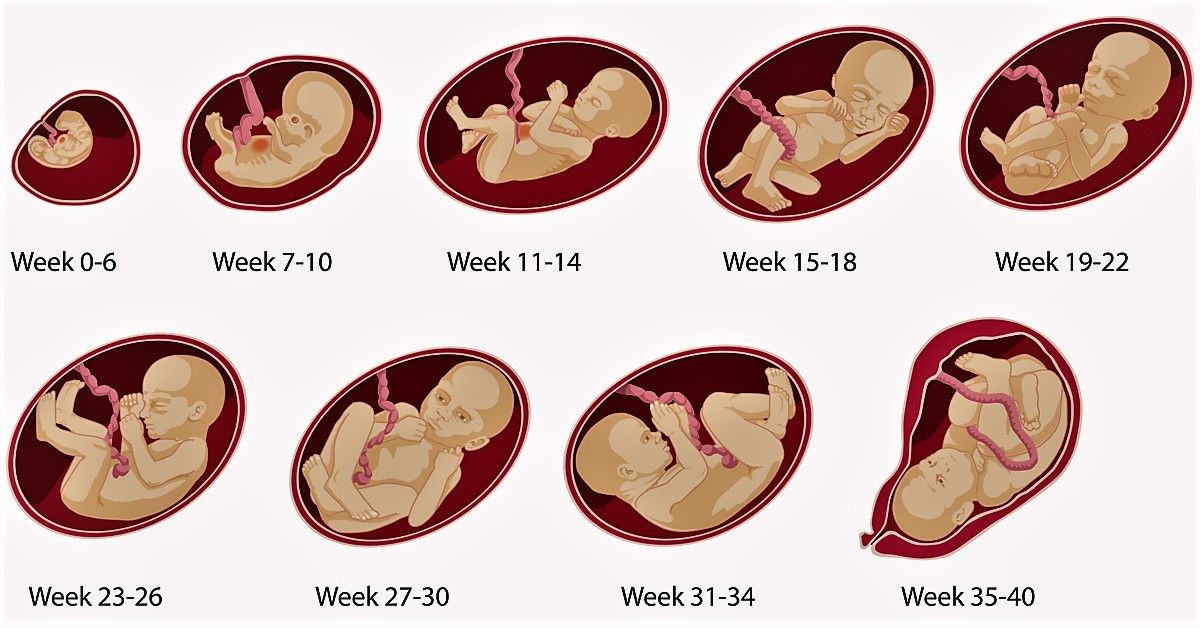
If you haven’t already done so, set-up automated payments for as many things as you can; mortgage, phone, cable bill, internet, electricity, etc.
That will be one less thing you have to worry about once baby arrives.
2. Eat.
At some point, you will probably look up at the clock and realize it’s 4p.m. and you haven’t had lunch yet.
Having those freezer meals prepped will help a lot when it comes to staying properly nourished, but also stock your pantry and fridge with snacks that are easy to grab throughout the day.
3. Take your meds.
If you had a c-section or an episiotimy or tear with delivery, you will probably be sent home with some prescription pain meds or directions for taking an over-the-counter pain killer. It is so easy to get distracted and not take your meds on a regular schedule, but trust me, you will regret it!
Set a timer on your phone, or leave your meds in plain sight where you will frequently see them to remind yourself to take them on time. You’ll also want to continue to take your prenatal vitamins.
You’ll also want to continue to take your prenatal vitamins.
4. Schedule appointments.
You will most likely have a two-week and six-week follow up appointment with your doctor or mid-wife and baby will also probably have a couple of appointments those first few weeks.
Write yourself a note or set-up a reminder on your phone. It’s easy to forget about scheduling these appointments.
Those First Few Weeks with a Newborn: The Most Important Thing
Just a few days ago, I met a friend’s newborn baby for the first time. She was so tiny! By comparison, my now four-month-old is huge.
Remember to soak up those tiny baby moments.
Not every minute of those first few weeks with a newborn will be glorious, but holding a content newborn in your arms? There is truly nothing like it!
Savor those snuggles. And take lots and lots of pictures.
Read Next: Why I Quit Cry It Out (and I’m so thankful I did!)
June Doran
June could talk to you all day about homeschooling, parenting, and minimalism.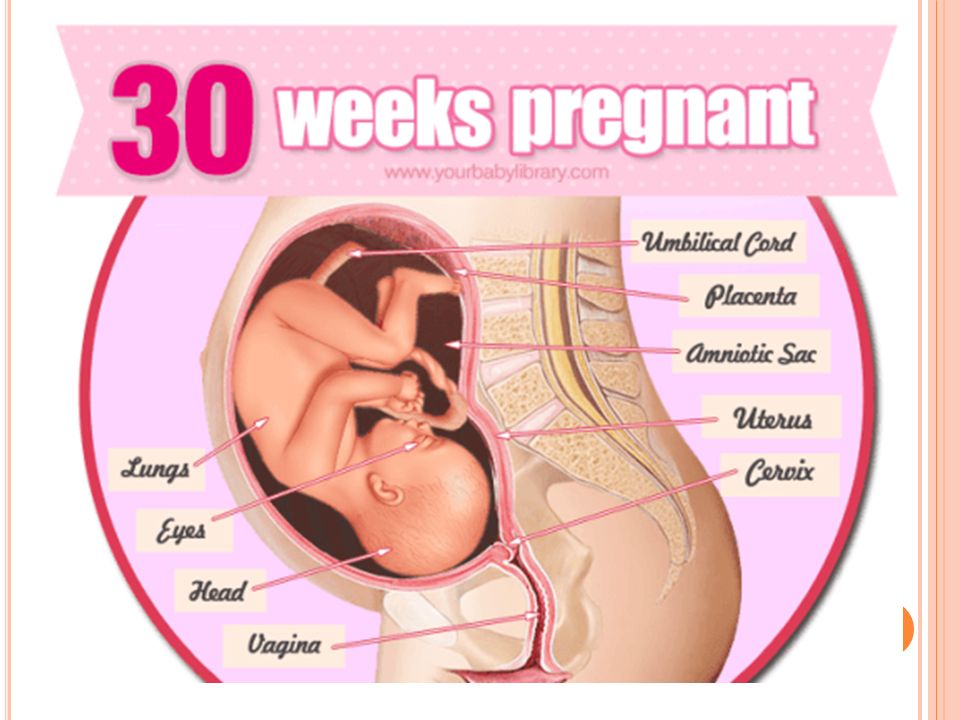 When she’s not homeschooling, decluttering, or blogging, she loves to enjoy perfect silence while sipping a hot cup of coffee and thinking uninterrupted thoughts—which, of course, with five kids, doesn’t happen very often.
When she’s not homeschooling, decluttering, or blogging, she loves to enjoy perfect silence while sipping a hot cup of coffee and thinking uninterrupted thoughts—which, of course, with five kids, doesn’t happen very often.
Thank You for Sharing!
The first month of a child's life - development, care and nutrition in the first month of a child's life
When caring for a child in the first month of life, parents have many questions and worries, which in most cases are caused by the natural features of the baby's development. Anxiety is a normal condition for mother and father, as caring for the health of the newborn becomes a priority for them. But in order to be able to notice in time the signs of problems with the health or development of a child in the first month of life, one should know which particular features of the formation of his body are normal and natural.
Baby's senses in the first month of life
The most important senses for a baby are sight and hearing.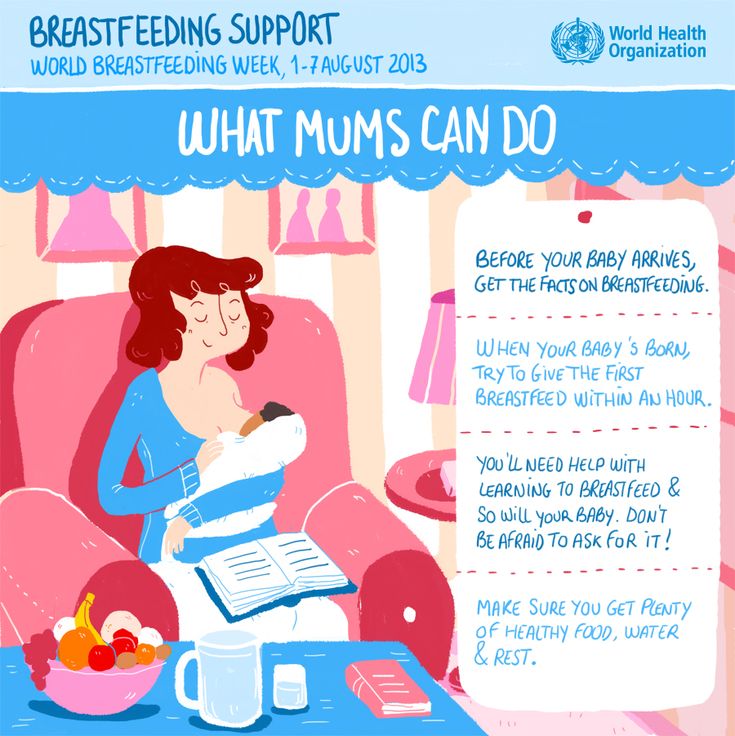 And we are talking not only about the ability of a newborn to contact the outside world through sounds and visuals. The external environment, affecting the hearing and vision of the baby, stimulates his mental and physical development. In the first month of a child's life, all the sense organs differ in more or less pronounced features.
And we are talking not only about the ability of a newborn to contact the outside world through sounds and visuals. The external environment, affecting the hearing and vision of the baby, stimulates his mental and physical development. In the first month of a child's life, all the sense organs differ in more or less pronounced features.
- Taste. Taste buds in a newborn are well developed, and he identifies the main "irritants" in the same way as an adult. For example, when sweetened water gets on the tongue, the child does not show any special reactions. And when sour apple or lemon juice is added to the water, the baby may show signs of displeasure - frown, try to push out the unpleasant-tasting liquid with his tongue.
- Smell. The ability to identify smells plays an important role in the life of a newborn, especially in the first days and weeks of life, when the rest of the senses are still undeveloped. It is thanks to the sense of smell that the child recognizes the mother, unmistakably finds the breast, refuses to feed if he feels an unpleasant odor (for example, if the mother treated the nipple with an ointment to heal cracks or an antiseptic with a medicinal smell).
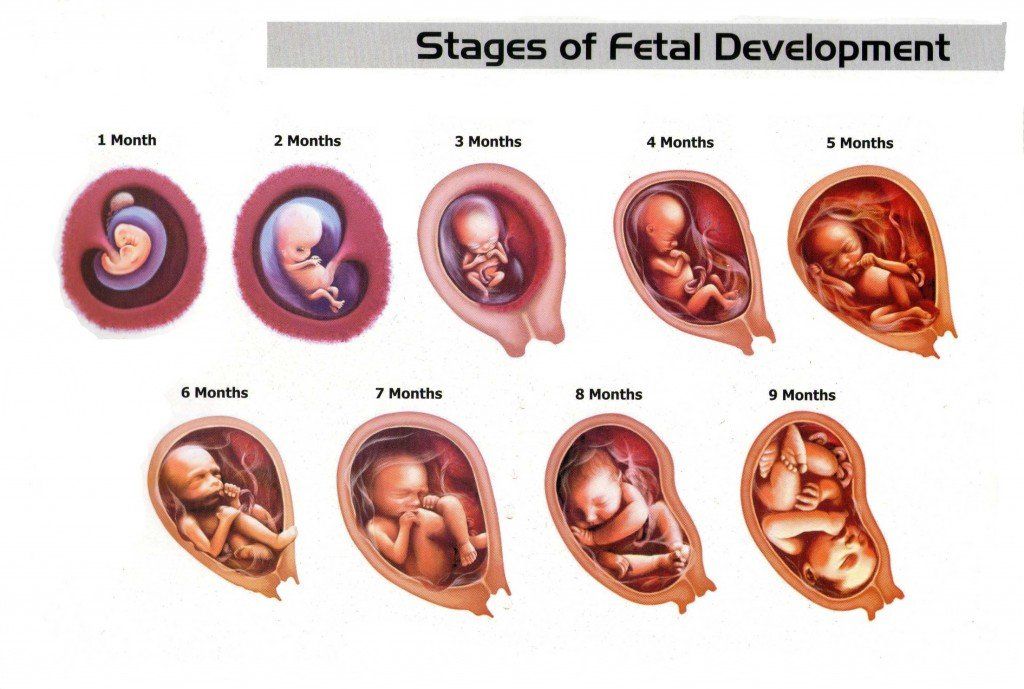
- Touch. The skin of a newborn is very sensitive to the effects of mechanical and thermal stimuli, but the number of receptors is unevenly distributed. So, the child reacts more actively to touching the palms, feet, face and not so pronounced - when stroking the back and abdomen. In addition, the ambient temperature also causes certain reactions. At an uncomfortable temperature, the child shows signs of anxiety, becomes lethargic, his skin turns pale or red, etc.
- Vision. In the first weeks of life, the child's vision is not sharp. Although a newborn squints in bright light, and his pupils dilate and constrict depending on the intensity of the light, these are reflex reactions controlled by the nervous system. In fact, the images in the field of view of the newborn look blurry and indistinct, and the baby will be able to determine a specific object only 10–12 days after birth. But even in this case, he still does not know how to fix the object with his eyes - the baby will only be able to follow the movement of the object or the light source.
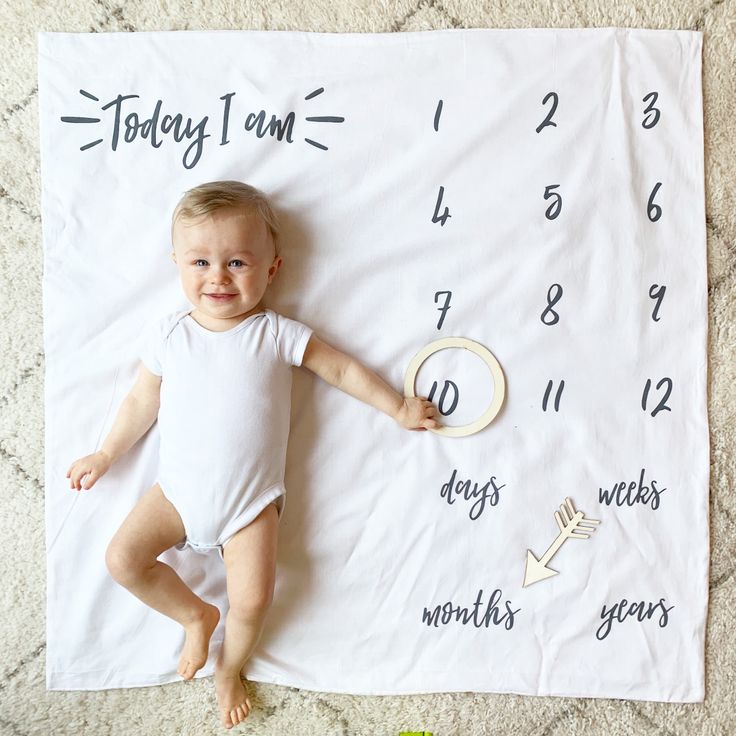 Another feature of the vision of a newborn is the mismatched movement of the eyes when they are directed in different directions. This is often a concern for parents who suspect that the child has strabismus. But such a “wandering” look is a natural phenomenon, and by the end of the first month after birth (normally after 4–8 weeks), the baby’s eye movements become consistent.
Another feature of the vision of a newborn is the mismatched movement of the eyes when they are directed in different directions. This is often a concern for parents who suspect that the child has strabismus. But such a “wandering” look is a natural phenomenon, and by the end of the first month after birth (normally after 4–8 weeks), the baby’s eye movements become consistent. - Rumor. Hearing is another common concern for parents who do not observe a pronounced reaction in a newborn baby to sounds. But the baby's hearing is already "trained" during fetal development, during which he perceived background noises and managed to get used to them. Due to this, in the first months after birth, external sounds rarely cause pronounced reactions in the baby. In addition, the auditory nerve in newborns is underdeveloped, and the child does not yet perceive the “adult” spectrum of acoustic waves: he hears higher sounds better, lower sounds worse.
Features of physical development
In the first week of a baby’s life, you should not expect any special “achievements” from him: the birth process takes a lot of effort not only from the mother, but also from the child, so sleep and nutrition are the only thing he needs most. But already from the second week, the development of the newborn becomes quite active. Every day he “grows up” and it looks something like this:
But already from the second week, the development of the newborn becomes quite active. Every day he “grows up” and it looks something like this:
- once a day, and the rest of the time he takes a dream. By the end of the first month, wake periods can be 15–30 minutes during each sleep-feeding cycle.
- The baby will learn to hold his head a little later - he will confidently raise his head together with the shoulder girdle at 3-4 months. But by the end of the first month, he makes attempts to "control the situation" - turns his face to the side in bright light or moves back if he does not want to take the breast or nipple. If a 2-3-week-old baby is laid on his stomach, then he is already trying to raise his head, reacting to the sounds of his mother's voice or stroking his cheek.
- The baby gains an average of 3-4 cm in height and about 700 g in weight during the first month. But these values are very approximate. The range of weight gain varies from 400 to 1300 g and is determined by the weight of the child at birth, the characteristics of childbirth, the quality of the mother's breast milk, the health of the baby, and many other factors.

Fundamentals of hygiene in the first month of life
During the first month after birth, the baby is quite vulnerable to infections present in the environment. The mucous membranes of the respiratory tract and gastrointestinal tract of the newborn, which subsequently acquire their own microflora, remain sterile in the first days and are gradually populated with the necessary microorganisms. When the microflora is finally formed, the child will be protected from many health disorders in a natural way. But before that, special attention should be paid to caring for him.
Food hygiene. Nutrition is the most important factor for a baby during the first months of life. It is he who sets the correct pace of growth and development of the baby and allows the gastrointestinal tract to acquire its own healthy microflora. But in order to reduce the likelihood of pathogens entering the body of a newborn, some hygiene rules should be observed:
- When breastfeeding, the mother should clean the nipples and areolas with water and baby soap before feeding, then thoroughly rinse the breast with clean water and wipe it dry with a napkin.
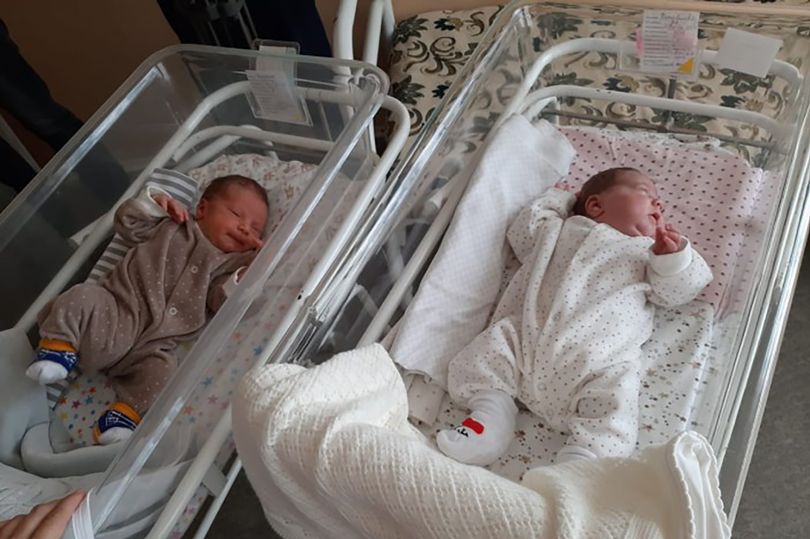
- For artificial or mixed feeding, it is obligatory to treat all feeding accessories with boiling or a special steam sterilizer. Dilution of the mixture to the desired consistency should be carried out only with boiled water, cooled to a temperature of 36-37 ° C.
- Since in the first weeks and months after birth, a newborn is likely to develop oral candidiasis (the so-called thrush), the pediatrician may recommend giving the baby a few drops of water after feeding. This allows you to wash off the remnants of breast milk or mixture from the oral mucosa, which are a breeding ground for the fungus.
Personal hygiene
- Baby's skin, especially in the first months of life, is very sensitive to any irritants. Therefore, for bathing a newborn, you should choose products designed specifically for caring for children's skin. Such soap, shampoo or bathing gel does not include substances that can provoke allergies, and their pH corresponds to the pH of the baby's skin.
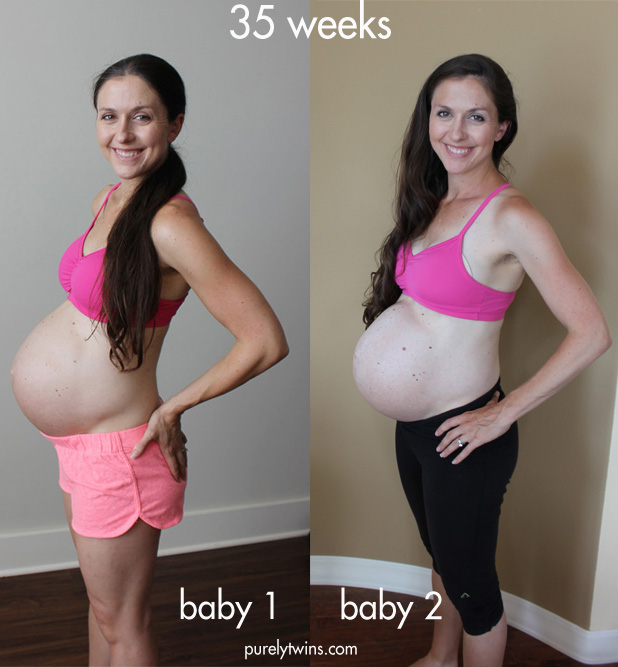
- The temperature of bathing water should be between 33-34 °C in the first weeks, after which, when the child is already accustomed to water procedures, it can be gradually reduced (no more than 1 °C per week), bringing to room temperature. This helps to stimulate the baby's muscle tone, improve blood circulation in the superficial vessels and, in general, harden the newborn. But lowering the temperature of the bathing water should be carried out only after consulting a pediatrician, since hardening procedures for a weakened, premature or child who has had any disease are unacceptable.
- When changing a diaper, clean the vulva and the skin in the inguinal and gluteal folds of the child each time using special alcohol-free sanitary napkins. In the first weeks of a baby's life, the feces are mostly liquid or mushy, so after defecation, it is better to wash the child under running water, laying him face down on his forearm, or use special baths for washing. After bathing, the child's skin should be dried with a soft towel that absorbs moisture well, after which 5–10 minutes can be allocated for air baths.

Creating the right microclimate. In the first weeks of life, the baby's thermoregulation mechanisms are not sufficiently developed - his body is still unable to fully compensate for too high or low ambient temperatures. This means that hypothermia or overheating of the child can lead to unpleasant consequences. Therefore, parents should ensure that the following conditions are observed:
- the temperature in the child's room should be maintained within 18-22 °C, while the level of humidity should be controlled - neither excessive humidity nor dryness should be allowed;
- baby clothes should be made of natural fabrics that provide optimal skin ventilation, hygroscopicity and do not accumulate static electricity;
- newborns should not be covered with blankets or blankets while sleeping - clothing appropriate for room temperature is sufficient;
- should regularly ventilate the room in which the child is. It is best to carry out through ventilation while the baby is out for a walk.
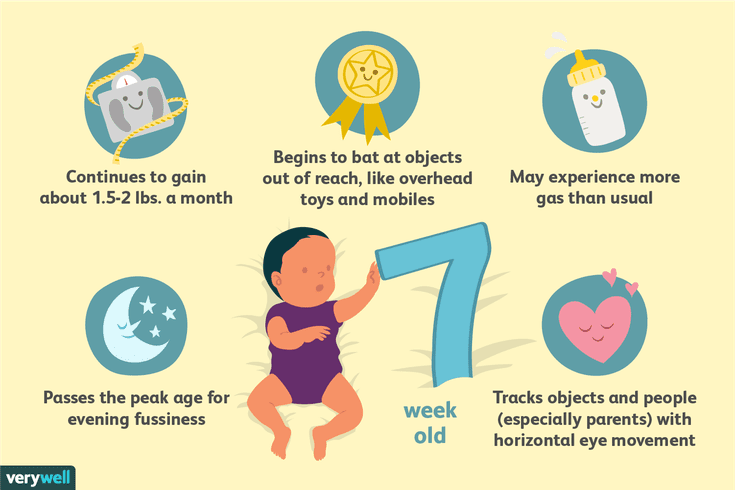 15-20 minutes before he returns to his room, you need to stop airing so that the air has time to heat up to the desired temperature.
15-20 minutes before he returns to his room, you need to stop airing so that the air has time to heat up to the desired temperature.
What to worry about
Regular visits to the local pediatrician and health visitor help parents get rid of a lot of worries and anxieties. Specialists will timely determine any violations of the child's condition, examining his reflexes, growth and weight gain, and other factors. But a doctor cannot always be around, so parents need to be able to navigate the main signs that should be a reason to contact a specialist:
- the child looks lethargic for several hours in a row, refuses to feed, his sleep is often interrupted;
- any change in skin color not associated with hypothermia or overheating;
- nasal breathing in a child is difficult, he tries to breathe through his mouth, or inhalation and exhalation are accompanied by unnatural noises - whistling, wheezing;
- hoarseness, barking cough;
- fever;
- persistent disturbance of stool (constipation, diarrhea) or changes in stool (stench, black or too light, almost white stool).

But the main rule when monitoring a child's health is the following: in case of any deviations or changes in the behavior of a newborn, you should consult a doctor, since the first month of a baby's life is a very crucial period, and it is extremely important not to miss the beginning of the development of any disease, which may affect the health and development of the child in the future.
Baby 2 weeks old: baby development, what a newborn should be able to do
What a baby can do at 2 weeks
What he sees
Mother's smell
Revitalization complex
Tone: what to pay attention to
Hygiene of the baby
Washing
umbilical wound First walks
How does the baby behave in the first weeks of life, and how to care for him according to his needs? These questions concern any new mother, whose days are now inevitably full of unknown anxieties and worries.
The development of a newborn is rapid.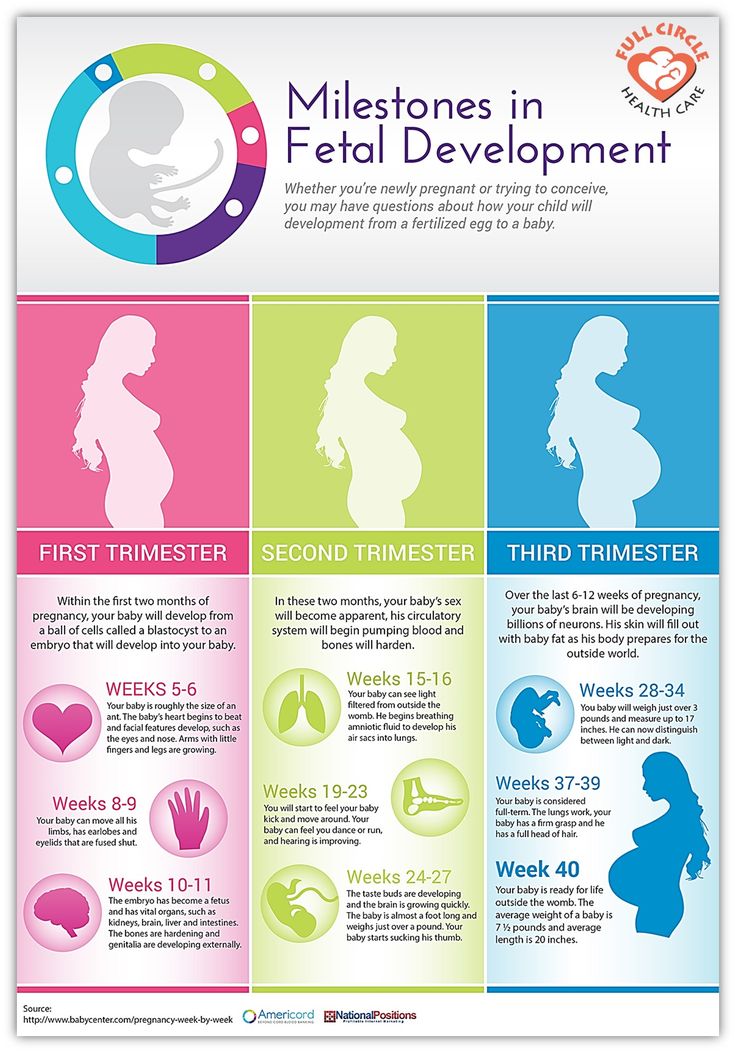 Already at 2 weeks, the child can already fix his gaze for a short time. The baby also reacts to the voice of an adult: it changes the nature of crying when it hears the speech of mom or dad. Lying on his stomach, he tries to briefly raise his head and try to keep it in that position. He also has his first smile!
Already at 2 weeks, the child can already fix his gaze for a short time. The baby also reacts to the voice of an adult: it changes the nature of crying when it hears the speech of mom or dad. Lying on his stomach, he tries to briefly raise his head and try to keep it in that position. He also has his first smile!
Together with the pediatrician Maria Yurievna Koroleva, we will learn more about his skills, and at the same time we will understand what kind of care he needs now.
It turns out a lot! For example, in order to make it easier for a baby to start a life journey, nature has rewarded him with innate reflexes.
The first cry, the first sneeze, sucking on the mother's breast - all this the baby does reflexively.
The presence and severity of unconditioned congenital reflexes is the most important indicator of a baby's health.
With the sucking reflex, everything is probably clear. But there is also, for example, a search engine! Try to touch the corner of the child's mouth with your finger: and you will see how he actively begins to look for his mother's breast.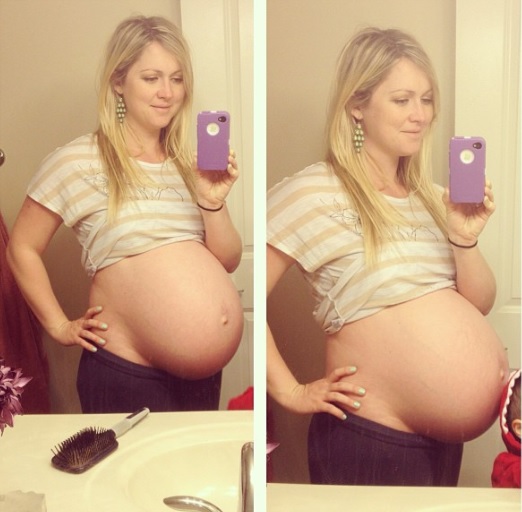 There are other important reflexes of the newborn, aimed at the survival of the baby in the external environment. For example, a defensive reflex. Put the baby on his tummy and he will immediately "automatically" turn his head to one side. So he can breathe freely.
There are other important reflexes of the newborn, aimed at the survival of the baby in the external environment. For example, a defensive reflex. Put the baby on his tummy and he will immediately "automatically" turn his head to one side. So he can breathe freely.
Whatever you put into a small palm, the baby clenches his fingers into a fist. This is how the grasp reflex works. Everything is clear here - it is vitally important for the baby to grab hold of mom more tightly.
Adults receive 80% of information about the world through sight. But in a baby, the eyes do not immediately begin to work in full force.
In the first weeks of life, children respond better to contrasting black and white images. For a newborn, the whole world is seen blurry, like a play of light and shadow. That is why, say, such a popular toy as a mobile is too early to hang over the crib during this period. The best object for study during this period is the mother's face, which the baby seems to be trying to capture, carefully studying in the moments of wakefulness.![]()
Don't miss
-
Don't miss
How to understand a newborn baby and what to do so that he does not cry
In the first weeks of life, the sense of smell also plays a leading role in the baby's experience.
Even without seeing the mother, but feeling her presence, the baby calms down. Provided, of course, that he is dry and not hungry. Knowing this life hack, by the way, allows newly-made mothers to leave home for a while, leaving their home T-shirt or bathrobe in the cradle. The baby, feeling the smell of mom nearby, will behave much calmer.
An important milestone in growing up. More often it manifests itself closer to a month or even a little later. But some newborns can “boast” of them already at the age of just over two weeks old. The "revitalization complex" is manifested by a smile to the mother, joyful movements of the arms and legs to address the baby and a general positive mood background.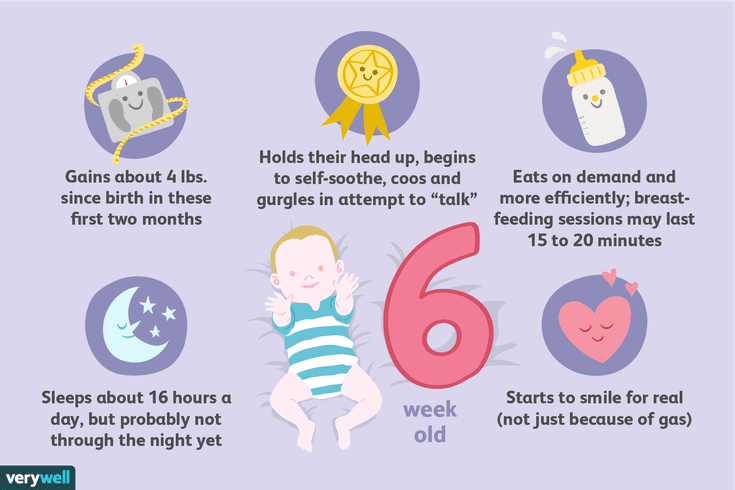 The appearance of a “revitalization complex” indicates the successful completion of the period of postpartum adaptation of the baby and the active establishment of relations with the outside world.
The appearance of a “revitalization complex” indicates the successful completion of the period of postpartum adaptation of the baby and the active establishment of relations with the outside world.
Is the little one stiff and inactive? The arms are bent and crossed on the chest, the fists are clenched, and the thumbs are covered on top by the other four? Legs all the time pulled up to the tummy? It looks like his muscles are too tight. The same is also evidenced by the fact that the child almost from birth holds his head, while normally this skill appears only at 2-3 months. Alas, this does not mean that a child prodigy is growing in the family: the tone of the occipital muscles is simply too high.
A set of exercises will help to relax tense muscles, but they can be performed only after consulting a pediatrician. There are no universal babies!
The eyelids of a sleeping baby are not tightly closed, a narrow strip of white peeps through them, and the eyes themselves seem to “roll up” - turn up and inward.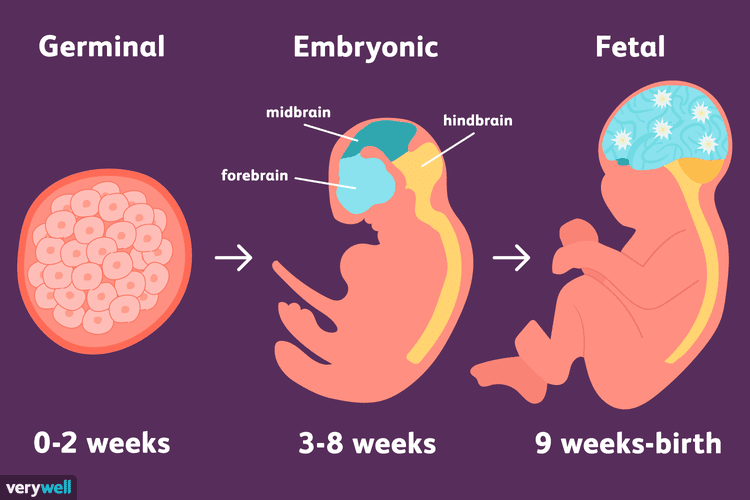 The sight of these unblinking eyes worries mothers to the extreme. Don't worry - this is normal for a newborn if they are otherwise healthy. Just at the beginning of sleep, the tone of the muscles that lift the eyelids rises slightly: by the year the nervous system will learn to regulate it, and everything will pass. But if the baby has neurological problems, tell the neurologist about this symptom.
The sight of these unblinking eyes worries mothers to the extreme. Don't worry - this is normal for a newborn if they are otherwise healthy. Just at the beginning of sleep, the tone of the muscles that lift the eyelids rises slightly: by the year the nervous system will learn to regulate it, and everything will pass. But if the baby has neurological problems, tell the neurologist about this symptom.
Even a baby does not need a special baby bath.
It is only necessary in certain cases:
- if the old bathroom has a damaged finish;
- if there are pets at home and you wash them in the bathroom;
- if the house does not have a bathroom, but only a shower cabin.
In other cases, the newborn can safely bathe in an adult bath.
When handling it, it is convenient to use a special slide in the bathroom. In this case, the hands remain free, and you do not need to hold the baby.
If your baby's skin is flaky, you can add bath oil to the water.
Don't miss it
The main thing in washing a girl of any age is to prevent stool from getting on the genitals. To do this, always wash it from front to back. It is convenient to wash a small child over the sink. To do this, the girl needs to be held with one hand, and with the other hand, wash off the stool from the genitals and buttocks and lather them with soap or gel. Holding the baby on one arm, you can bring the baby under running water and thoroughly wash off the soap residue from the genitals.
A little boy can be washed over the sink just like a girl, but he can lie on your arm with his back up.
After an evening bath, we treat the girl's genitals every day. To do this, we need peach oil and a cotton pad. We apply peach oil, and with a cotton pad we push the genitals as far as possible and pass them between the labia. A newborn girl may have a white coating on her vulva. This is the original lubricant, and there is no need to clean it up. It is enough to spend one or two times with a cotton pad on the genitals, and gradually the plaque will go away.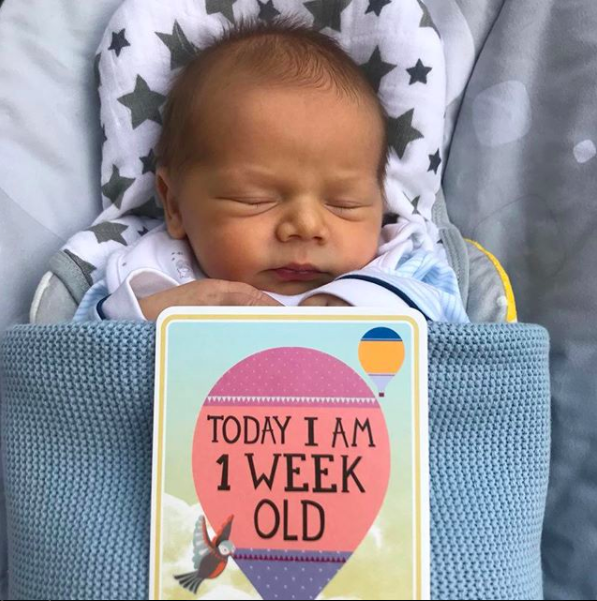 It is also necessary to treat a girl with peach oil after bathing for the prevention of synechia - fusion of the labia minora.
It is also necessary to treat a girl with peach oil after bathing for the prevention of synechia - fusion of the labia minora.
After washing the buttocks, large inguinal folds and intergluteal folds, a diaper cream is applied liberally. Cal in newborns has a high enzymatic activity. The cream forms a kind of layer between the feces and the skin, protecting delicate skin from irritation.
The baby's navel often causes the most anxiety in new parents. The stump of the umbilical cord, as a rule, lasts for about a week or even longer, gradually drying up until it falls off. Treat the umbilical wound with a 3% hydrogen peroxide solution (it is convenient to use a pipette for this purpose). Then dry it thoroughly, removing all the crusts with cotton swabs, and lubricate with a 1% solution of brilliant green.
In most cases, the belly button heals without any problems, but if you notice significant redness or swelling around the stump, or if the wound has not healed after 3 weeks after the birth of the child, consult a doctor immediately.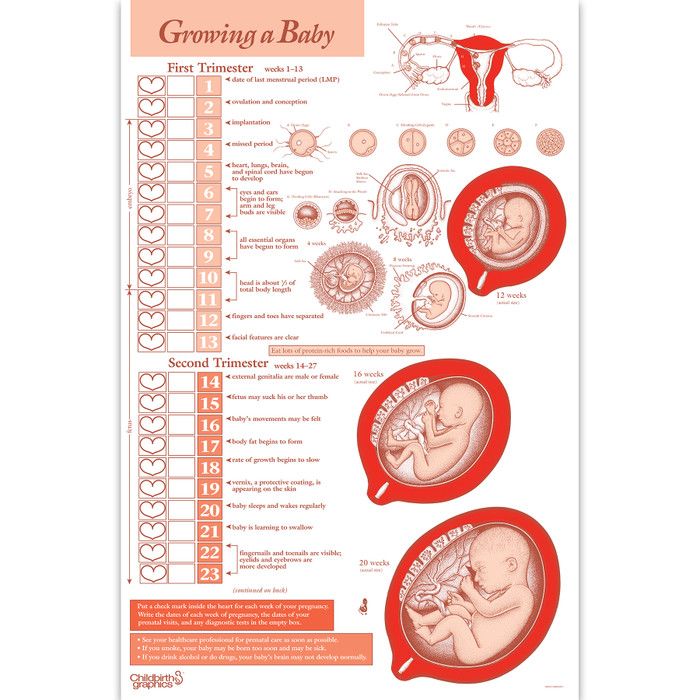
Surely you have already acquired a beautiful, comfortable and maneuverable stroller, and now you can't wait to test drive it. Do not rush to go on long "spree" with the newborn. The duration of the first walks with the baby should not be long. Especially if the child was born in the cold season. Start mode walks from 15 minutes, gradually increasing the time spent in the open air up to 1.5 - 2 hours. If the temperature outside is below 5 degrees, then it is better to refrain from walking. The heroic deeds of mothers who pull the stroller in the snow, and in the rain, and in the hail and in the hurricane wind do not justify themselves. In bad weather, if there is a balcony, the baby can walk there at least the entire daytime sleep without any remorse.
The first days you spend with your newborn will be remembered forever. You will start a new life full of wonderful discoveries. Agree, who else knows how to properly take care of a child, if not his own mother.